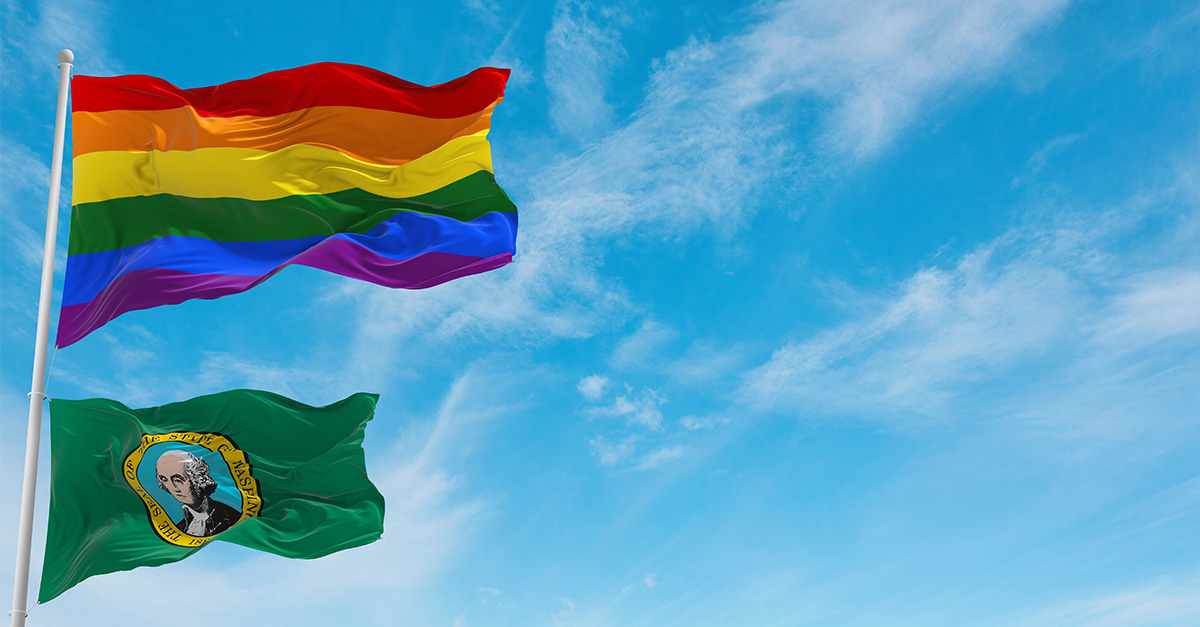


Get a free copy of Parental Rights & Education when you subscribe to our newsletter!

Human beings were created by God for His purposes, not ours, and so until the day that He calls us home, we must persevere in serving and glorifying Him with our lives — even in the face of suffering and hardship.
An article from The Free Press titled “I’m 28. And I’m Scheduled to Die in May” is making waves all the way from the Netherlands because it highlights a growing trend in the culture of death. Just take today’s mental health crisis and pair it with the West’s increasingly nihilistic understanding of life, and we may have a new suicide contagion.
Zoraya ter Beek, who is 28 years old and from a small Dutch town, is physically healthy, but she has decided to have doctors help end her life in May and to be cremated. But why? She claims that she once had ambitions of being a career psychiatrist but did not finish school. She suffers from depression, autism, and a personality disorder, but she has still managed to be in a relationship with her boyfriend who is a 40-year-old IT programmer, who she claims to also love.
Despite all this, Beek believes that her mental health case is hopeless. After seeking treatment from a psychiatrist who claimed “there’s nothing more we can do…it’s never going to get any better,” Beek has decided to end her life. A tattoo on Beek’s arm bears the symbol of a tree of life, but it is in reverse. It is a tree that is dying. Beek says that is her.
She says, “I’m a little afraid of dying because it’s the ultimate unknown. We don’t really know what’s next—or is there nothing? That’s the scary part.” Once dead, Beek has no plan for a funeral or eulogy.
Her story is a bizarre case, but it is just the latest centerpiece for a growing trend in the West of people advocating for the end of life — the right to die — rather than living with the misery of depression and various mental health disorders.
In 2001, the Netherlands became the first country to make euthanasia legal. In 2022, Dutch officials recorded 8,720 cases of euthanasia, a 13.7 percent increase from 2021, when there were 7,666 cases. Euthanasia made up 5 percent of all deaths in the Netherlands in 2022.
Similarly, Canada legalized euthanasia for the terminally ill in 2016, but by 2021, the government had expanded the Medical Assistance in Dying (MAiD) program to allow those with mental health disorders to qualify. Euthanasia ranked as Canada’s 5th leading cause of death in 2022, with over 13,241 being killed through MAID.
What about the United States? Euthanasia is illegal in most states throughout the country, but physician-assisted suicide, or “medical aid in dying,” is legal in 10 states and in the District of Columbia — and more states are looking to join the club. A 2018 Gallup poll found that 72 percent of Americans support laws that allow patients to seek the assistance of a physician in order to end their life. In short, Zoraya ter Beek of the Netherlands is not alone; a majority in the United States today agree with how she thinks about life and death.
Many have reacted to this story, including Jordan Peterson, who posted to X, “Next we romanticize suicide. Then it becomes a contagion of death; administered by the state.”
This should challenge Christians in how we think about life and the culture of death.
As Christians, we worship a God who not only created us but created us for His glory. We must recognize that from birth, every man and woman, created in the image of God also belongs to God. As Christians, we also recognize a double responsibility, not only because we were created but because Christ has purchased and redeemed us by His blood on the cross.
We have been bought with a price, so we must honor and glorify God with our body (1 Corinthians 6:20).
A good example is Job, who came under great distress and panic when he suddenly learned that he had lost almost everything — his children, his servants, his herds, and flocks. His wife said, “Do you still hold fast to your integrity? Curse God and die!” (Job 2:9-10). Job did not succumb to the culture of death that day. He continued to believe in God even when others found his miserable state to be unsustainable.
Today, Christians must contend for life, even in the shadow of death and the shadow of depression amid our culture’s current mental health crisis. We must also recognize that any nation or culture that will end life for the old and the young, the sick and the sad, can end life for anyone — whether they are willing or unwilling. We are quickly approaching the precipice of a society of death that may very well determine not only the quality of life but how many days we get to live that life.
No one has the right to take that life away from others, but more to the point, no one has the right to take that life away from themselves. We were created by God for His glory, and only He has the moral authority to decide when our lives on earth are over. Until that day, we must honor God and glorify Him with our lives and our bodies — even in the face of suffering and hardship.
If you like this article and other content that helps you apply a biblical worldview to today’s politics and culture, consider making a small donation here.
